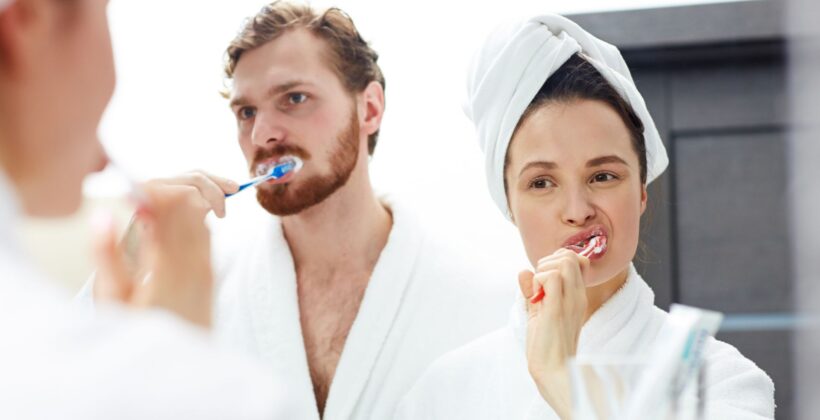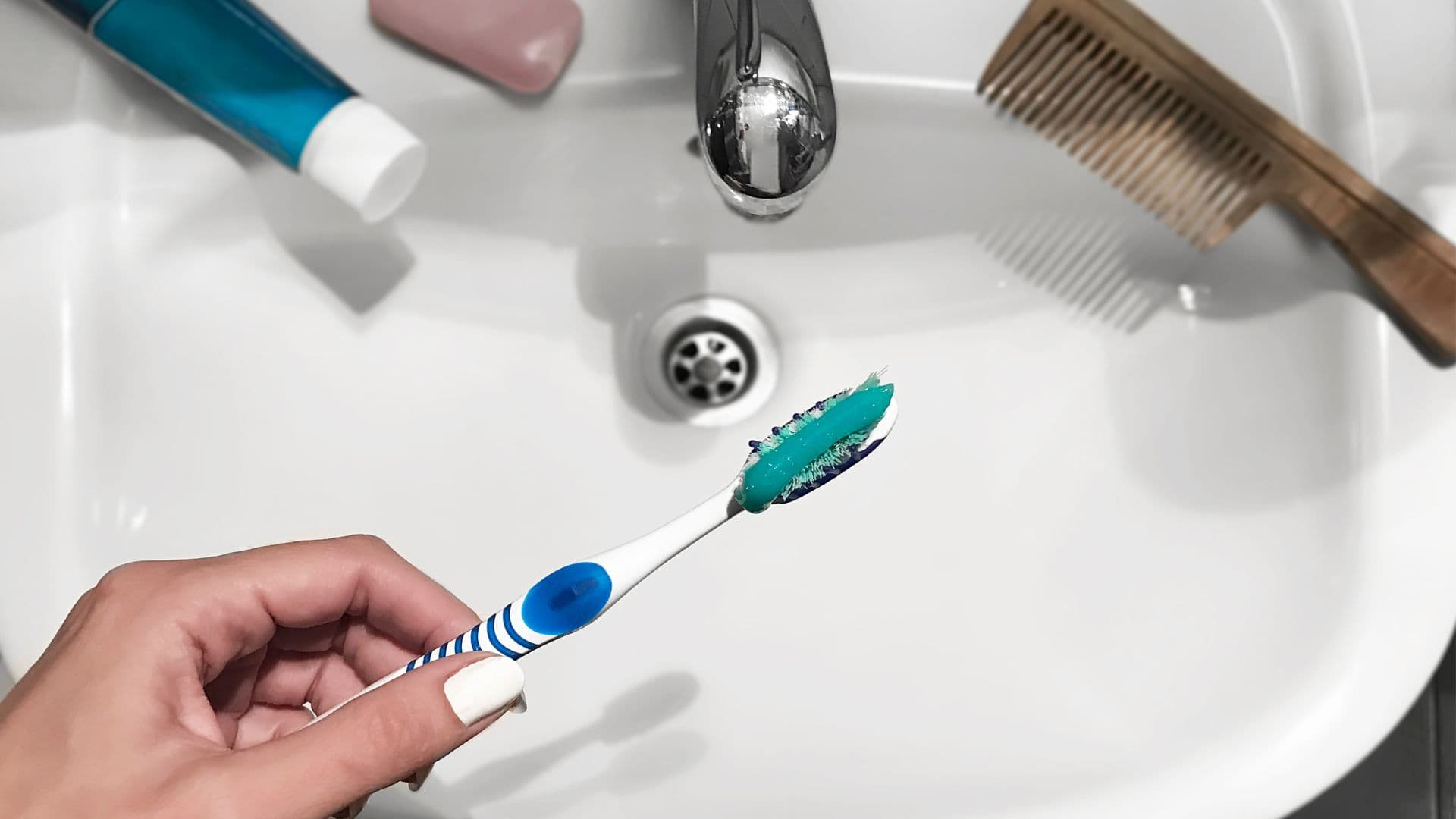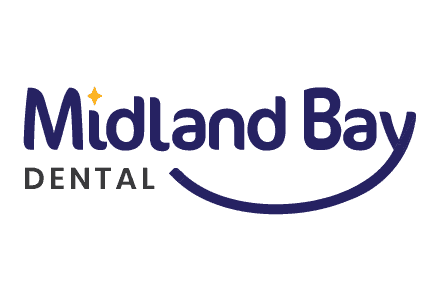
Just as we make resolutions to eat healthy and get more exercise, we should also be resolving to adopt good oral hygiene habits in 2025.
Good oral hygiene has many great benefits – from healthy gums to stronger teeth for better eating and even self-esteem. So it’s very important to be consistent when it comes to taking care of your teeth.
In this blog post, we’ll explore ways you can adopt good oral hygiene habits this coming year for beautiful, healthy teeth and a great smile.
The Foundation of Good Oral Hygiene Habits
Poor oral hygiene can lead to tooth decay, gum disease, bad breath, and even more serious health problems like heart disease or diabetes.
Establishing and maintaining healthy habits can help you prevent these issues so that you can enjoy a lifetime of strong teeth and gums.
Here are some smart practices to build into your daily routine in 2025:
1. Brush Your Teeth Properly and Regularly
The Canadian Dental Association recommends that you brush your teeth at a bare minimum once a day, and it should be after dinner before you go to bed. We know life gets busy and sometimes during the day, you can’t squeeze in time to brush your teeth. Ideally, it should be twice a day for two minutes each time.
However, the best option is to brush your teeth after every meal.
Use a soft-bristled toothbrush and fluoride toothpaste, and aim to gently brush for two full minutes. Be sure to clean all surfaces of your teeth, including the backs and chewing surfaces.
A common question that many people have is: Should you brush your teeth before or after breakfast?
Since many foods that we consume during breakfast are high in acidic levels (for example orange juice or coffee) and they can temporarily soften enamel, it’s best to wait. According to the Ontario Hygienists Association, it’s best to wait an hour after eating breakfast before brushing your teeth.
To protect your teeth, either brush when you wake up or wait at least 60 minutes after eating.
Tip: Teach your kids good brushing and flossing habits as well! Regular brushing and flossing can help reduce cavities and other issues.
2. Make Flossing a Once-A-Day Habit
Brushing your teeth regularly is important, but daily flossing is as well. It removes food particles and plaque from between your teeth and along the gumline—areas your toothbrush can’t reach.
Daily flossing helps prevent cavities and gum disease while keeping your breath fresh.
If you find traditional floss difficult to use, consider alternatives like floss picks or water flossers, which are easier on sensitive gums and provide similar benefits.
3. Incorporate Mouthwash Into Your Routine
There are spots in your mouth that your toothbrush and floss can sometimes miss. Using mouthwash can enhance your oral care regimen by reaching these areas.
What to look for in a good mouthwash? Seek an antibacterial mouthwash to reduce plaque and prevent gum disease. Some mouthwashes also contain fluoride to strengthen enamel and protect against cavities.
Use mouthwash after brushing and flossing for the best results, but avoid rinsing your mouth with water afterward to allow the fluoride to remain on your teeth longer.

4. Replace Your Toothbrush Regularly
Keep an eye on the quality of your toothbrush. Old toothbrushes become less effective at cleaning and can harbour bacteria.
Replace your toothbrush or electric toothbrush head every three to four months—or sooner if the bristles become frayed.
Adopting New Habits in 2025: Tips For Success
Building new oral hygiene habits requires commitment and consistency. Here are some tips to help you make these habits stick:
- Set a Schedule: Make oral care one of your top priorities for your daily routine. Brush at the same time every day—like first thing in the morning and before bed. Setting a timer or using an electric toothbrush with a built-in timer can help ensure you brush for the full two minutes.
- Use Technology: Modern technology offers tools to make oral hygiene easier. Apps and smart toothbrushes can track your brushing habits and provide feedback on areas you may have missed.
- Visit Your Dentist Regularly: Even with the best habits, professional dental care is essential. Schedule checkups and cleanings every six months to catch potential issues early and keep your teeth in top condition. Your dentist can also provide personalized advice customized to your oral health needs.
- Watch Your Diet: Your oral health is affected by what you eat. Limit sugary and acidic foods, as they can erode enamel and lead to cavities. Instead, opt for tooth-friendly snacks like cheese, yogurt, nuts, and crunchy fruits and vegetables that stimulate saliva production and help clean your teeth naturally.
- Keep Hydrated With Water: Drinking water benefits your overall health while also helping maintain oral hygiene. Water rinses away food particles and neutralizes acids in your mouth. If you consume sugary or acidic drinks, follow them with water to reduce their impact on your teeth.

Common Oral Hygiene Challenges and How to Overcome Them
Working on improving your oral hygiene habits can be challenging. It’s important to be consistent and overcome common issues. Here’s how you can do this:
Short On Time: If you’re dealing with time constraints in the morning or evening, consider breaking up your routine. For example, floss at a different time of day if you find it hard to do so after brushing.
Forgetting To Brush Your Teeth: Find ways to remind yourself! From sticky notes to reminders on your phone, there are ways to ensure you don’t forget. Some people like to keep their toothbrush and floss in a visible spot as a prompt. If you have a routine of listening to your favourite podcast or radio station, partner it with brushing your teeth.
Sensitivity Issues: Having some discomfort as you brush your teeth or floss? It may be time to switch to a soft-bristled toothbrush and toothpaste for sensitive teeth. Talk to your dentist if the problem persists.
Make A Resolution for Better Oral Health
Sticking to good oral hygiene habits is investing in your health, confidence and well-being. By brushing effectively, flossing daily, and incorporating tools like mouthwash, you can keep your teeth and gums in great shape.
Don’t forget to pay attention to timing when considering whether to brush your teeth before or after breakfast—protecting your enamel is key.
With small, consistent changes, you can develop habits that will benefit you for years to come. Start 2025 with a commitment to your oral health, and let your smile reflect the care you give it.
Visit A Dentist and Dental Hygienist in Midland: Midland Bay Dental
Regular dental visits for checkups and cleaning should be part of your ongoing dental care regime.
Is it time to have your teeth checked and cleaned? Looking for a dentist’s office with a great dental hygienist in Midland? We pride ourselves on providing expert family dentistry. We offer dental crowns and bridges, regular cleaning and checkups, and more intensive procedures like tooth replacement, cosmetic dentistry, and teeth whitening.
Contact Midland Bay Dental to book an appointment online or call us at (705) 526-6441. Follow Midland Bay Dental on Facebook.

Leave a Reply